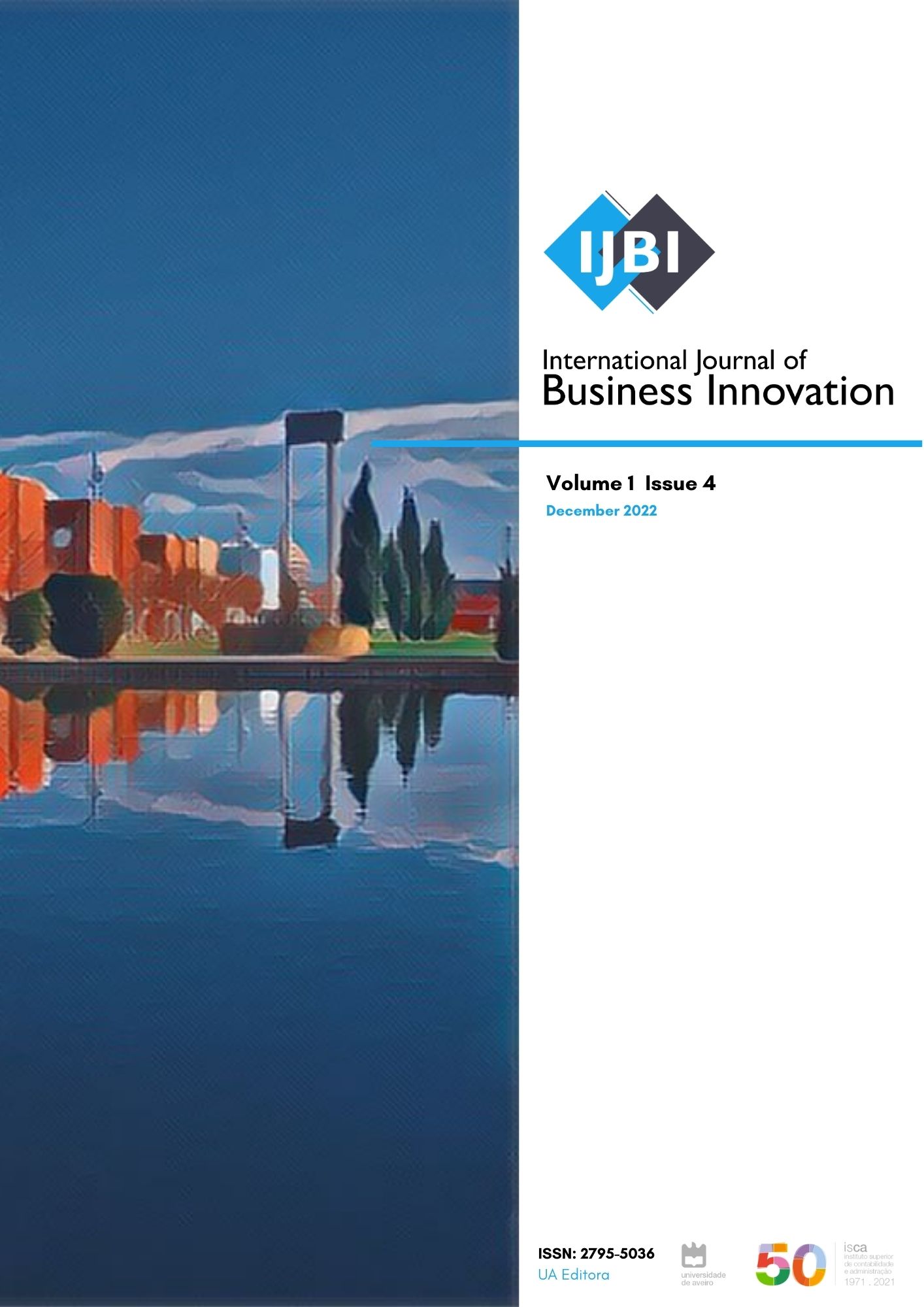Inventories Discretionary Management through Real Activities
The Case of Small and Medium-Sized Portuguese Companies in Commercial Sector
DOI:
https://doi.org/10.34624/ijbi.v1i4.30801Keywords:
inventory, discretionary, real activity, management, small and medium enterprisesAbstract
This study focuses on the discretionary management of inventories based on real activity and the repercussions on the financial statements. We show the evidence of the discretionary management of real activity on inventories in 30,797 Portuguese Small and Medium-sized Enterprises (SME) from the commercial sector and its influence on financial information, using the adaptation of the quantitative methodology used by Roychowdhury (2006). Managers have the power to choose real activities to achieve their objectives. These discretion cause changes in the value of financial reporting of companies, which can be stimulating for managers who want to present financial statements that meet the requirements of stakeholders and their own interests. The results obtained allowed for the verification that the discretion included in inventory management is related to commercial management and confirmed that managers seek to act in a way that maximizes their welfare by using discretion. The discretion causes deliberate changes in the economic and financial conditions of companies and, consequently, in the financial statements that are the element of support for decision making, for this reason it is deliberately caused asymmetry of information between the owner and other stakeholders in the information as is assumed in the agency theory and positive accounting theory.
References
Downloads
Published
Issue
Section
License
When submitting an article to the IJBI, authors certify the following clauses:
-
Originality and single submission– The contents presented in the article have not been published previously in whole or in part, and were not submitted or are not under active consideration elsewhere prior IJBI decision. The article must be authentic and does not contain plagiarism.
-
Authorship– All authors reviewed the article, agreed with its content, and agreed to its submission to the IJBI.
-
Conflicts of interest– Any conflict of interests must be declared. If authors have no declaration, it should be written (in the acknowledgments section): “The authors declare no conflict of interests”.
-
Ethics committee and informed consent(if applicable) – The research must be approved by an independent ethics committee and subjects gave their informed consent before they were enrolled in the study.
- Authors retain copyright and grant the journal the right of first publication with the work simultaneously licensed under a Creative Commons CC BY 4.0.



